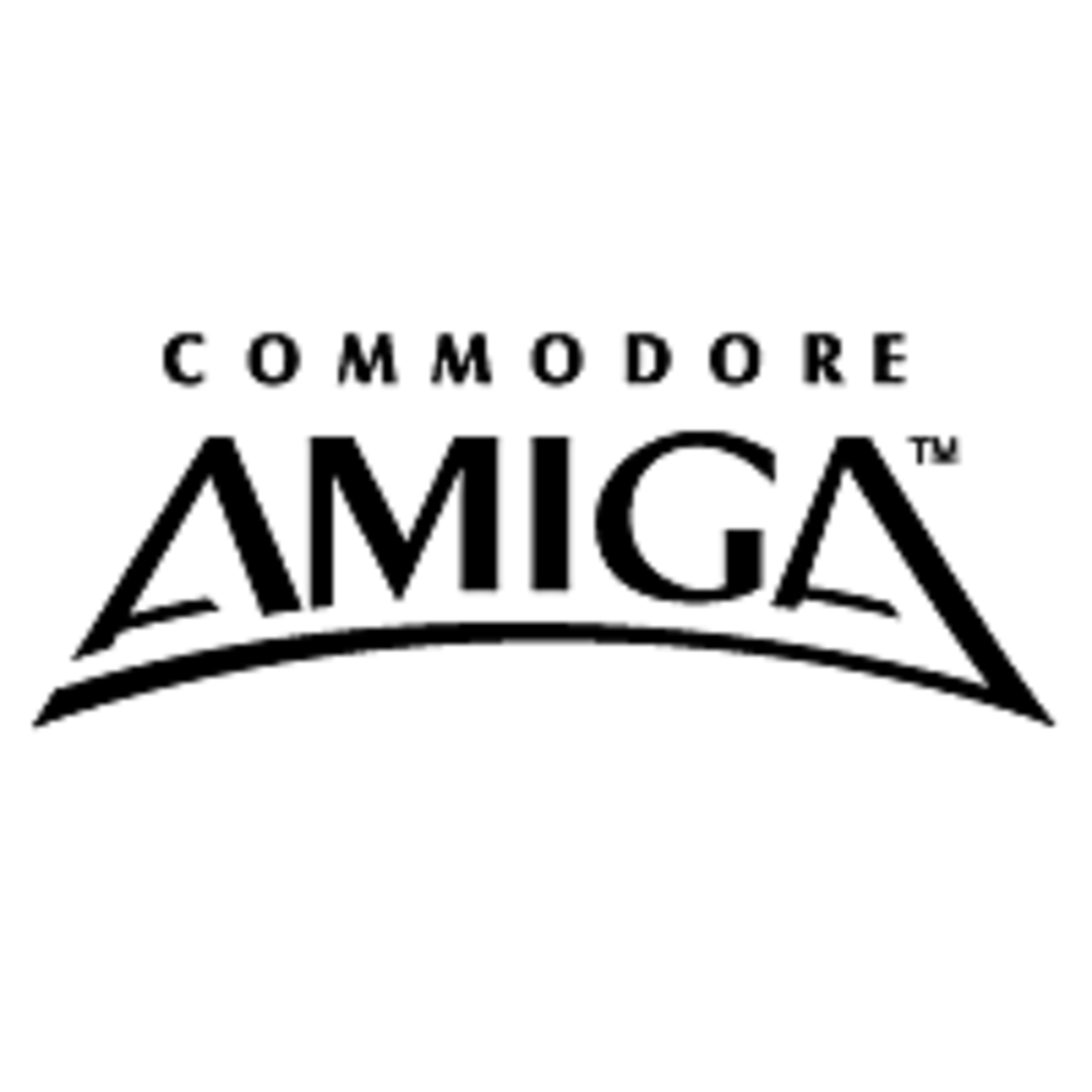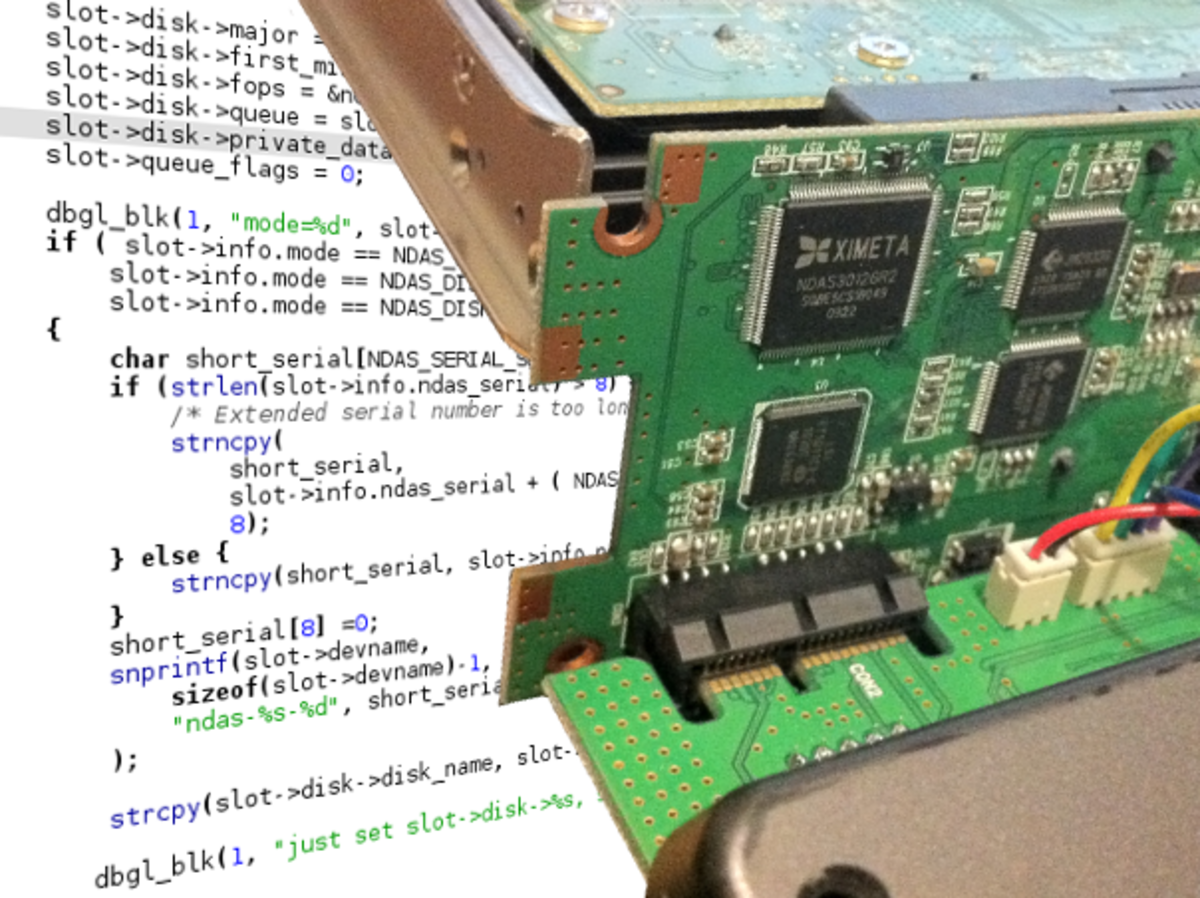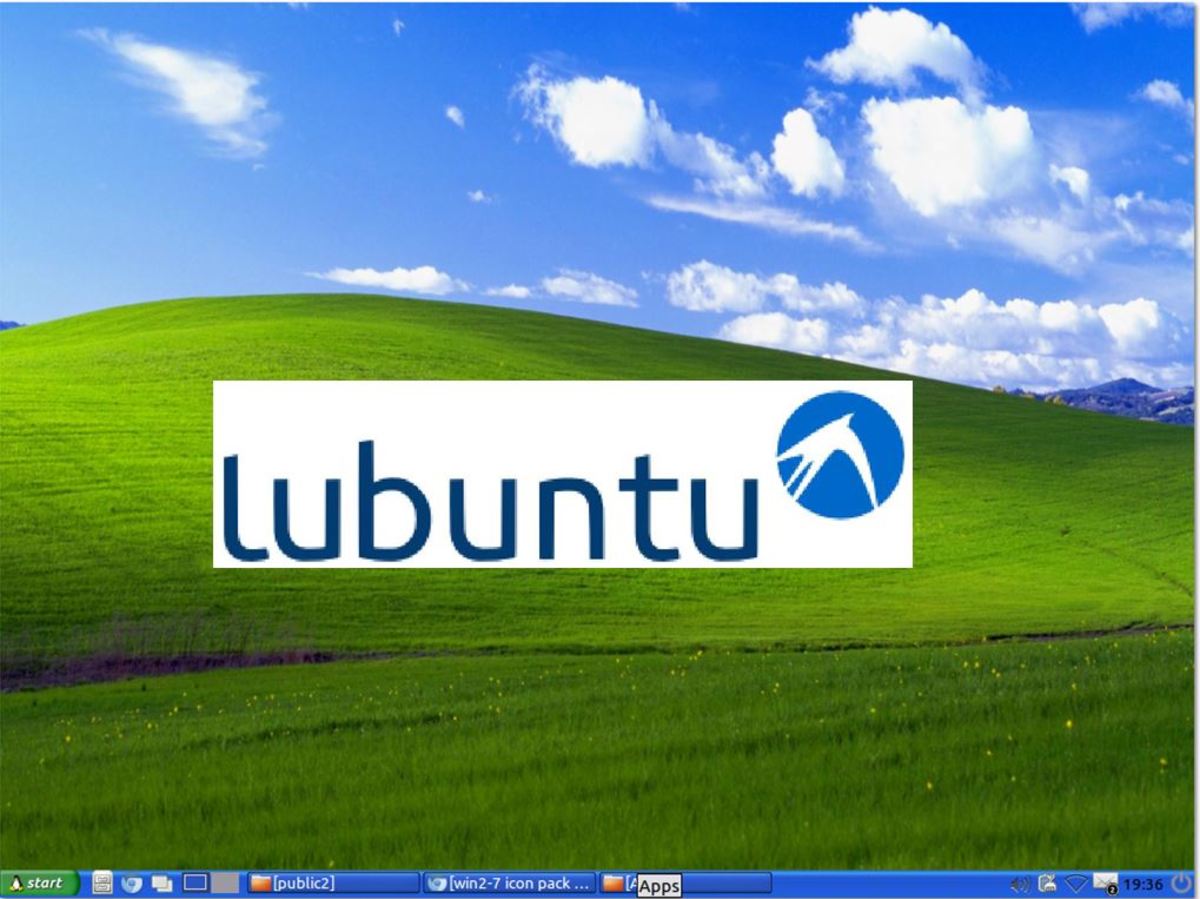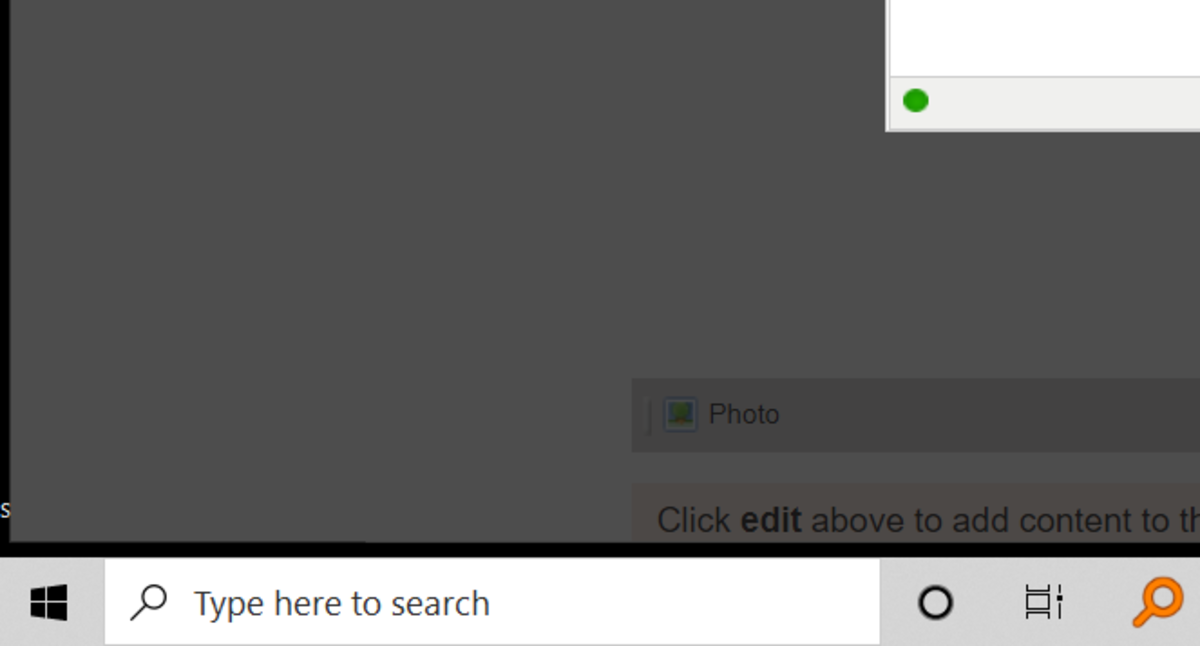- HubPages»
- Technology»
- Computers & Software»
- Operating Systems»
- Windows
Vista: The black sheep of the Windows family?
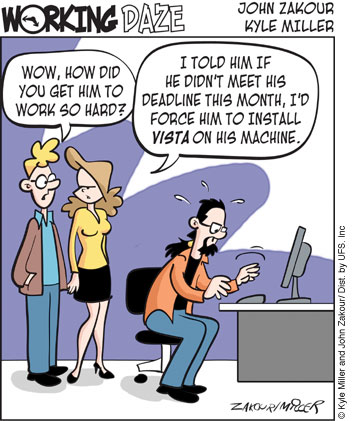
Microsoft Windows is the most popular operating system in the world of PC's. According to a 2013 study by Net Applications, roughly more than 90% of personal computers in the world use some instance of Windows. With the popularity of Windows 7 rising, and the subsequent arrivals of Windows 8 and the new Windows 10, questions are bound to come up with people asking which version of the popular operating system has been the best and which the worst. Chances are that, in regards to the latter, most fingers will point towards Vista. But is that bad reputation deserved or just the product of bad perception?
Version
| Release date
|
|---|---|
Windows 1.0
| 1985
|
Windows 2.0
| 1987
|
Windows 3.0
| 1990
|
Windows 3.1
| 1992
|
Windows 95
| 1995
|
Windows 98
| 1998
|
Windows Me
| 2000
|
Windows XP
| 2001
|
Windows Vista
| 2007
|
Windows 7
| 2009
|
Windows 8
| 2012
|
Windows 8.1
| 2013
|
Windows 10
| 2015
|
To put things in perspective, let's look at the development history of previous Windows versions. Ever since its unceremonious release in 1985, Microsoft maintained a steady pace of releasing a new Windows environment/operating system almost every other year. However, for some reason, this changed with the release of Windows XP in 2001. Although Microsoft had intentions of releasing Vista in 2003, a lengthy and troubled development process cushioned perhaps by the overall customer satisfaction with XP, pushed the release of the new operating system into 2007, 6 whole years after its predecessor. This time frame and the continued growth of computer usage during those years, led to a higher than usual bonding between user and operating system. By the time Microsoft released whatever new system they had, it was expected that there would be some resistance and backlash against it, regardless of its qualities.
Other common criticism of Vista is its higher hardware requirements when compared to Windows XP. Most users who upgraded from the latter would complain about slow system performance, computer freezing, and whatnot. But this is mostly a silly and brainless complaint. Take in consideration that the system requirements of XP were established upon its release in 2001, whereas the Vista requirements were similarly established in 2007. The fact that some people were still using "old" computers with XP when Vista arrived probably made them think they could make the switch without having to make some hardware changes.
Windows XP
| Windows Vista
| |
|---|---|---|
CPU
| 233 MHz (300 MHz recommended)
| 800 MHz (1 GHz recommended)
|
RAM
| 64 MB (128 recommended)
| 1 GB (2 GB recommended)
|
Hard disk available
| 1.5 GB
| 15 GB
|
But after 6 years, major changes in hardware were abound, and it was expected that Microsoft developers would try to take advantage of them in their new operating system. Regardless of whether you installed Vista or not, having a PC with 256 MB of RAM in 2007, although workable within the scope of XP, would've been laughable by 2007 standards.
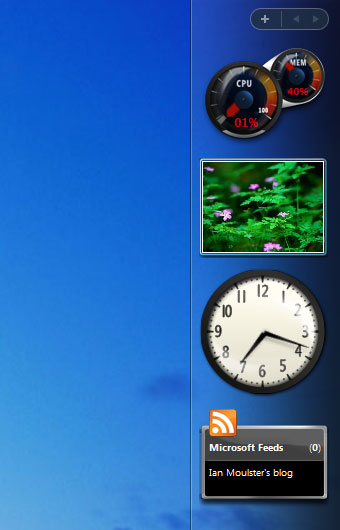
Hardware requirements aside, other criticisms I've heard of Vista were about its slow start-up and the bothersome User Account Control. Although both are valid criticisms, both features were easily fixable if you knew how to deal with them. The start-up could be boosted up by disabling most of the gadgets that Vista came with, while the User Account Control could be set to a desirable level in the Control Panel.
Another criticism had to do with compatibility issues of some software. However, this was also an expected issue, considering that in 2007, XP still allowed you to run applications that were 10 years old, and maybe more. But still, I don't think this would've been an issue that the casual user would've encountered on a regular basis.
To sum it up, I won't stand here and say that Vista is the best version of Windows. It's flawed, moreover when compared to excellent versions like Windows 7 and XP. But I do think that most of the harsh criticism against Vista is blind and unfounded. I had a laptop with Vista installed, and I never had any problem with it. Whenever someone asked me about Vista, I would recommend it, along with 2 GB of RAM for it to move smoothly.
But truth of the matter is, after six years of XP, Vista represented a major revamping of the system, both outside (interface) and inside (architecture). Flaws were expected, but so was the backlash. I still remember I had a hard time switching from 3.1 to 95 when I was in college, just because I wasn't familiar with it. I believe some of that backlash played a part in users disappointment with Vista, along with the lack of knowledge about system requirements and configuration. Plus, those that criticize Vista and its alleged failures, probably never laid a hand on Windows Me, which still remains as the "bottom of the barrel" in Windows systems for me. THAT is the true "black sheep" of the family.
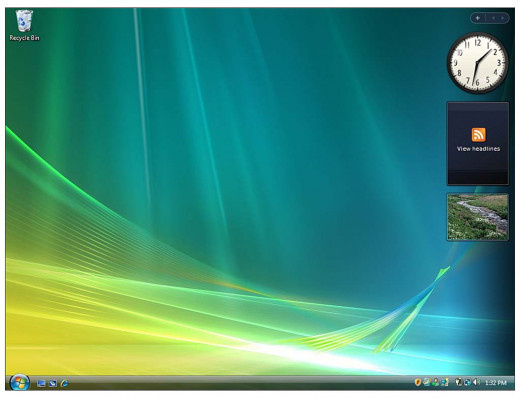
Which Windows version do you consider the best?
More technology related Hubs...
- Pirates of Silicon Valley: The rise of Steve Jobs an...
TNT's dramatization of the birth of Microsoft and Apple follows the lives of Jobs and Gates as they set to change the world forever while trying to - The Wikipedia Odyssey: 2001 and Beyond
Launched in January 2001, the user-edited encyclopedia has challenged the conventions of how knowledge should be spread, and how people can work together for the same purpose. - The Internet or the Web?: Getting the terms right
More often than not, these two terms get confused in the mix. Here is a look at what each of them means as well as a brief history on both. - Malware: What is it and how to deal with it
Are you protecting yourself from malware? Do you even know what it is? Read the following article to find out a bit more about this threat, and how you should prepare yourself.

